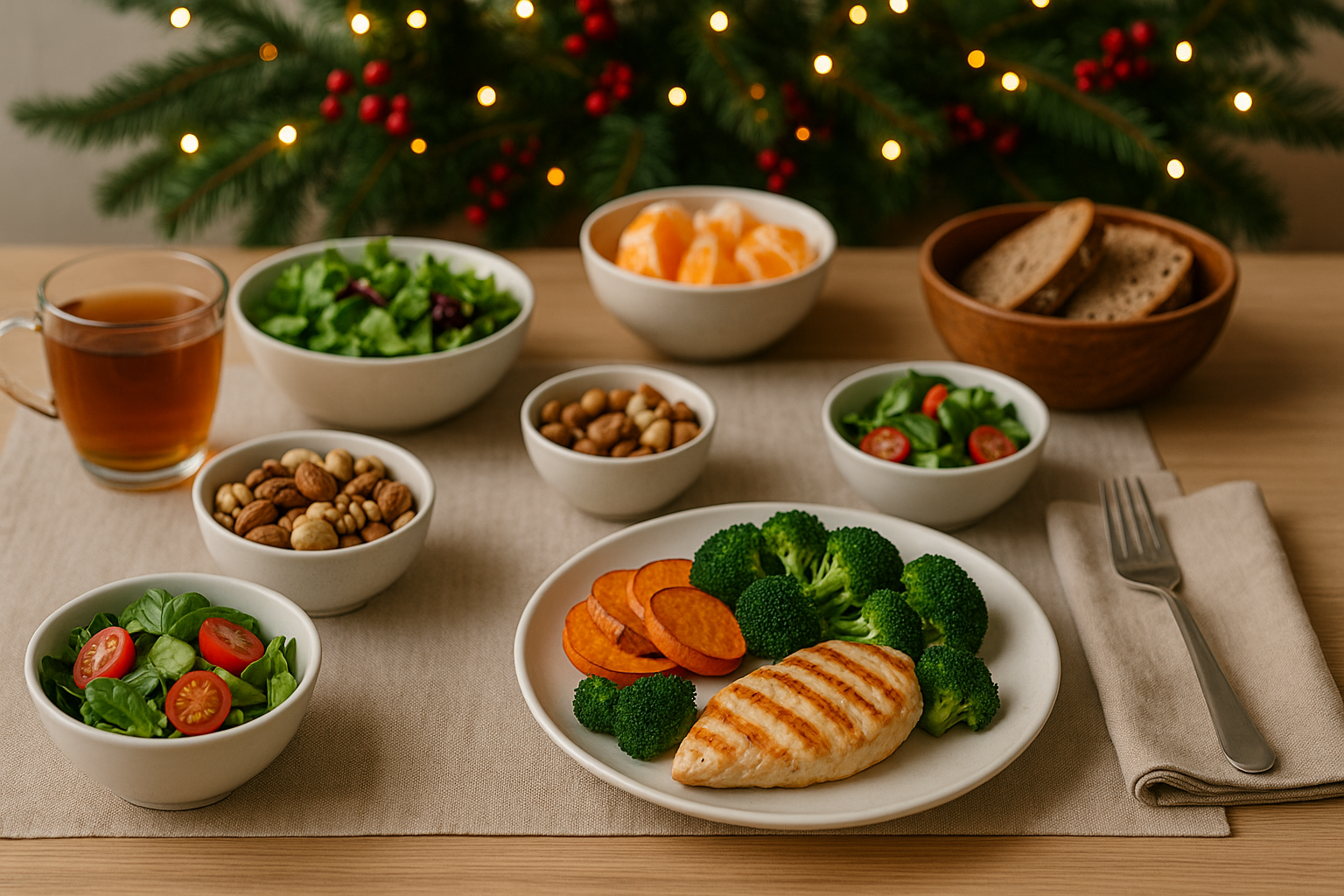Right now, our collective mental health is poor. We’re struggling with multiple issues, ranging from the geopolitical to the personal. It’s hard work.
Fortunately, music may help. Research shows that it has many profound and positive effects on brain health, allowing us to navigate the world in a happier state and in higher spirits.
It turns out that there are many powerful mechanisms at play when we listen to music. What’s more, different types of music appear to activate different brain regions, allowing us to tailor our listening to our current psychological state.
The Effect Of Music On The Brain
Dopamine signaling is impaired in many people. The feel-good hormone can’t get to where it’s supposed to go in the brain and, therefore, doesn’t quite work properly. The result is sadness, depression and anxiety.
When you listen to music, though, you can reverse this process. Music bypasses the front lobe and directly stimulates parts of the brain that might otherwise be shut off, leading to an overall improvement in brain function and wellbeing.
Music also leads to the production of the compound, oxytocin. Oxytocin is an interesting neurotransmitter, sometimes called the love chemical. It’s one of the reasons why so many faith traditions rely on music during their activities. It helps people connect to a higher version of themselves.
What You Can Do Personally

If you’re feeling a little low, you can leverage music and improve your day-to-day experience. It can come in handy, even when you’re feeling your most isolated and sad.
These days, listening to music is something that you can do at any time, anywhere. You can connect Spotify or iTunes across multiple accounts and listen in your home or on the go.
There’s evidence that making your own music using systems like the new Akai MPK Mini MK3 may be even more beneficial and rewarding. You can either play tunes you’ve learned, or you can compose new songs yourself and see how they make you feel.
If you really get into it, you’ll notice how absorbing the process is. You’ll find yourself lost in the music, trying to perfect the melody so that you can produce something beautiful.
There’s also evidence that listening to new music is better than listening to tracks you’ve heard before. Our brains often pump out the biggest response to novel melodies that they haven’t previously encountered and, in many cases, can listen to them over and over to boost mood.
You might also enjoy singing too. Allowing your voice to let rip can be a great way to let go of feelings that you’ve been trapping inside and feel better about yourself. There’s also a sense of mastery and self-esteem that comes with singing, particularly when you get good at it.
Wrapping Up
In summary, music is a powerful tool for helping to manage and regulate negative emotions and moods. It’s something that people have flocked to throughout the ages to make themselves feel better because it works. Try it yourself and see what







